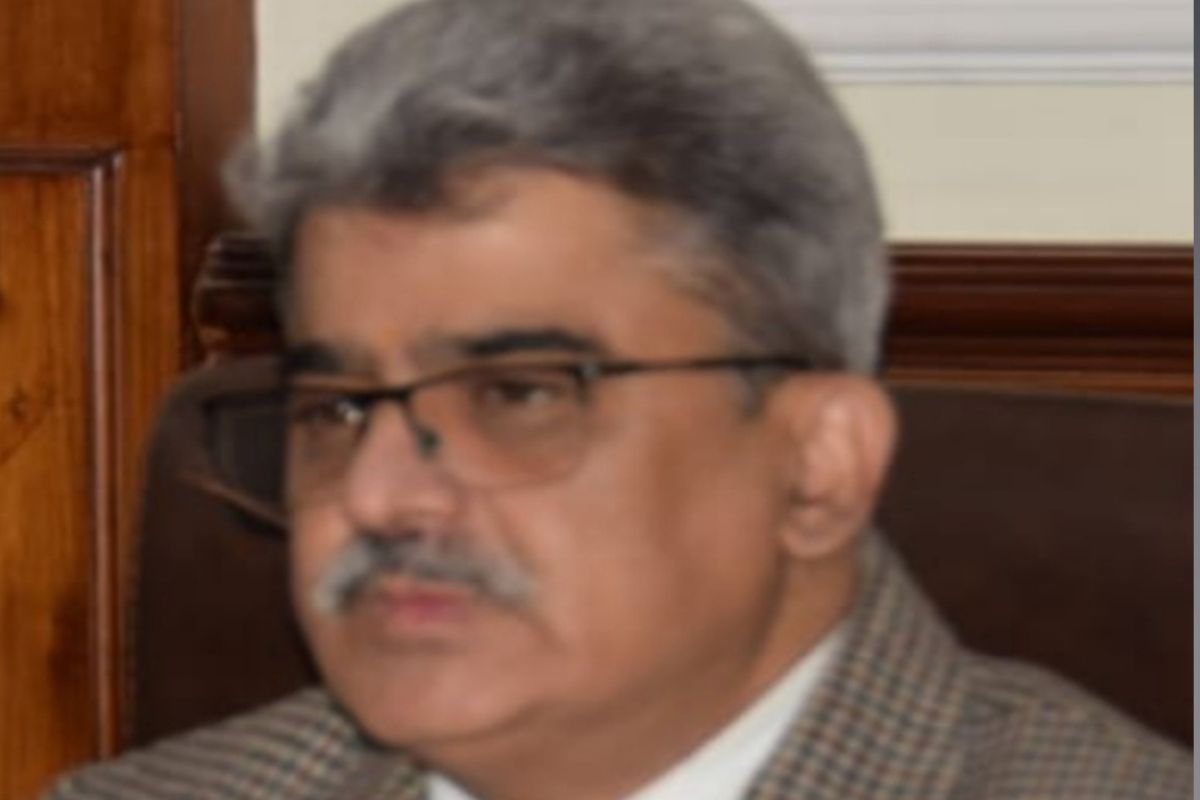Congress, allies sabotaged Jammu’s national projects: Dr Jitendra Singh
The minister further alleged that the Congress also denied 4% reservation to the people living along the International Border in this region.
The Chief Secretary took note of the measures taken so far regarding the capacity building and training of personnel.

Chief Secretary Atal Dulloo on Thursday chaired a high-level Steering Committee Meeting of senior functionaries of Home, Police and Law Departments to review implementation of three new criminal laws in J&K that have been enacted by the Parliament.
Apart from the Principal Secretary, Home the meeting was attended by DG, Prisons and Crime, Director, Prosecution J&K, ADG, L&O; Secretary, Law, Director, FSL and other concerned officers of the department while Srinagar based officers participated through video conferencing.
The Chief Secretary took note of the measures taken so far regarding the capacity building and training of personnel. He enquired about the batches of police officers from each wing who had got the required training and education about new laws.
Advertisement
He called for designation of a senior Police Officer as a single point contact for implementation of these laws across J&K. He observed that this Nodal Officer should address all the issues and facilitate between different wings of police department in adoption of all the changes made in these laws within the stipulated timeframe.
He asked about the changes to be made in Police Manual here. He told them to look into the need for issuing the SO’s for meeting the purpose within deadline. He sought suggestions from members of the steering committee about the efforts made so far and the way ahead to make maximum out of the available time.
In his presentation, the Principal Secretary, Home, Chandraker Bharti, threw light on different initiatives taken by the local administration in this pursuit, so far. He revealed that the three pillars of our strategy in implementation of these laws rest on capacity building and training of the staff, requirement of additional manpower, if any and the requirement of upgradation of hardware and technological interventions to be made.
It was also revealed that the committees and study groups were constituted for having insights into these laws and framing a roadmap to implement these laws in the UT.
It is pertinent to mention here that the Bharatiya Nyaya Sanhita, Bharatiya Nagrik Suraksha Sanhita and the Bharatiya Sakshya Adhiniyam had been recently notified by the MHA for their implementation from July, 2024. These are going to replace the Indian Penal Code, 1860; Code of Criminal Procedure, 1898; and the Indian Evidence Act, 1872, respectively.
Advertisement